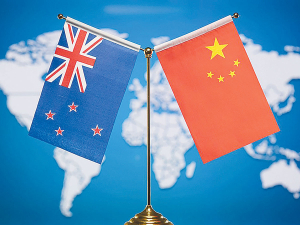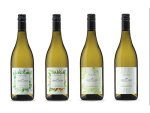The world is now amid potentially one of the most disruptive periods in world trade for a very long time.
That's the view of international trade specialist Stephen Jacobi who says the new Trump administration is making even bigger policy changes then when they were in power four years ago. He points out that the US has put an additional 10% tariff on goods from China and it in turn has protested to the World Trade Organisation (WTO).
But Jacobi told Dairy News that China is unlikely to find a solution from the WTO given that the US has refused to recognise the appeals process of this world trade body.
"China's response has been very measured. They have not applied further tariffs to US goods across the board, rather they have highlighted a few policy things they want to address. Maybe they are thinking they can do another deal with Trump as they did last time," he says.
However, for all that, Jacobi says things are not good because they give rise to significant instability, uncertainty and potentially trade diversion. He says the whole geopolitical situation is one of uncertainty and no one quite knows what policies Trump is going to implement. He says the known is the tariffs on steel and aluminium.
"But we don't know much about the full extent of anything else, so it's a pretty uncertain time," he says.
New Zealand is the largest exporter of dairy product to China, with an estimated 42% market share in 2023. Other key importers include the US, Germany and Australia. China accounts for 35% of all New Zealand dairy exports, according to the Ministry for Primary Industries (MPI).
Government sources suggest that NZ must keep its head down and stay below the radar. It could almost be described as 'walking on eggshells diplomacy' with the NZ Government being extremely measured in its responses. Jacobi says until NZ gets a better idea of what is actually being contemplated and how it might be applied to us, "I don't think there is any point in going out on the front foot and antagonising the Americans".
"We are in a situation of watching and waiting and quietly despairing for the future of global trade, more than the future of our trade," he says.

















